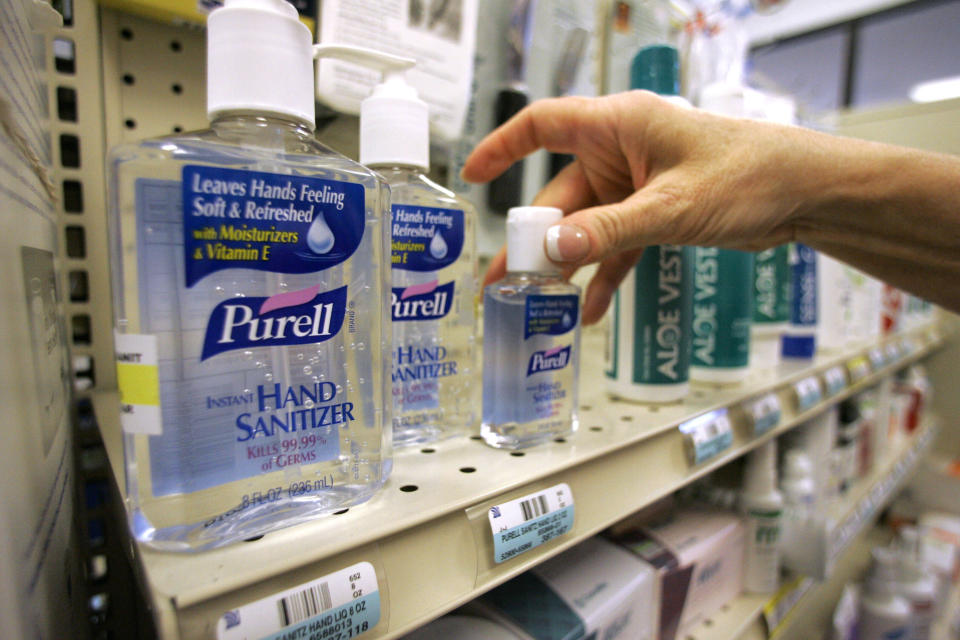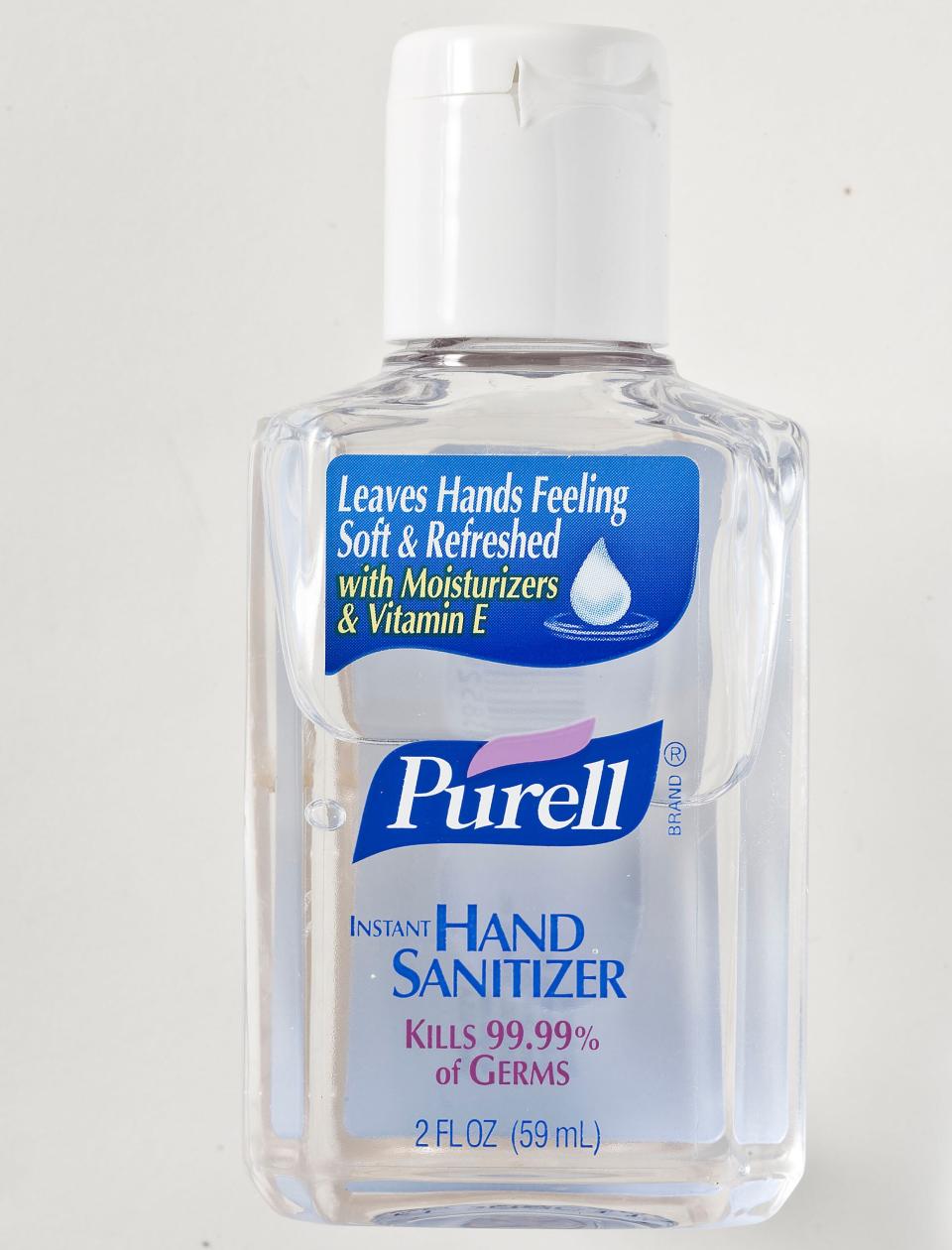FDA Issues Warning To Purell Over Claims It Can Prevent Ebola Or Flu
The maker of Purell hand sanitizer said it will comply with a warning letter issued by the U.S. Food and Drug Administration over the company’s unproven claims that its products can prevent viruses like Ebola, the norovirus and influenza.
The FDA, in a letter dated Jan. 17, threatened legal action against Purell’s maker, Gojo Industries, should it not immediately correct statements about its products on the company’s website and social media accounts, which the FDA said violate sections of the Federal Food, Drug, and Cosmetic Act.
The FDA specifically challenged claims on Purell’s website that its alcohol-based products are proven to reduce student absenteeism by up to 51% and that they help prevent contracting the flu, while also admitting that the FDA “does not allow hand sanitizer brands to make” claims about viruses.

In a Frequently Asked Questions section on Purell’s website, the company suggested that the Ebola virus could be killed by Purell because alcohol is known to kill enveloped viruses like it, though the text also noted that “we are not aware of any hand sanitizers that have been tested against Ebola viruses,” according to the FDA’s letter.
The Centers for Disease Control and Prevention, as pointed out on Purell’s website, states that alcohol-based hand sanitizers are “more effective” at reducing bacterial counts on hands than washing with regular soap and water. But the FDA argued that it is not aware of any “adequate and well-controlled studies” that show that killing or decreasing the amount of bacteria or viruses on one’s skin by a certain amount will reduce the chance of contracting an infection or disease.
One report published last fall in the microbial sciences journal mSphere found that health workers were actually more likely to spread flu germs if they used hand sanitizer between patients instead of washing their hands. The report examined fresh mucus from infected patients and found that it interfered with the ability of hand sanitizer’s alcohol to reach the concentrations needed to deactivate the flu virus.

Peter Gulick, an infectious disease specialist at the Michigan State University College of Osteopathic Medicine, told Yahoo News that the alcohol in hand sanitizers is strong enough to handle enveloped viruses like the flu, but “the FDA wants to be really certain and really careful of how [products] word things.”
“If you don’t have soap and water, these hand sanitizers are better than just having nothing at all,” he said.
The FDA said it was reclassifying Purell as an unapproved drug, rather than an over-the-counter product. It gave Gojo Industries 15 working days to make any necessary corrections.
Gojo Industries, responding to the FDA’s warning last week, said it has “begun updating relevant website and other digital content as directed by the FDA and are taking steps to prevent a recurrence.”
Related...
Coronavirus Deaths Top 100 As CDC Extends Travel Advisory To All Of China
Trump Administration Expands Coronavirus Screenings To 20 Airports
Cases Of New Virus In China Top Its Total For SARS
Love HuffPost? Become a founding member of HuffPost Plus today.
This article originally appeared on HuffPost.

